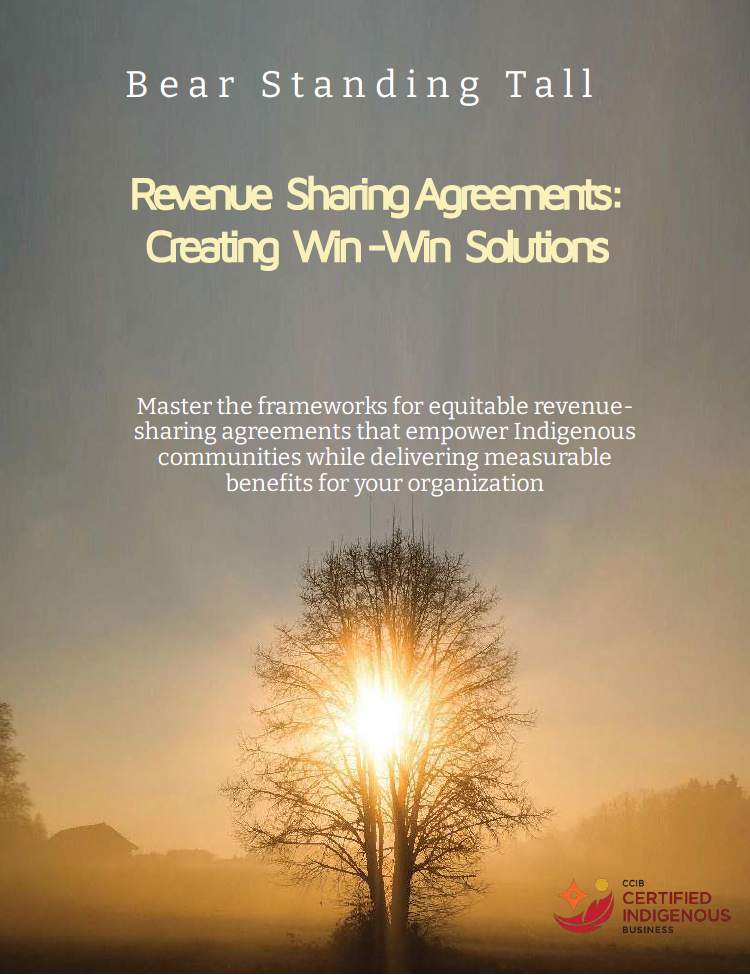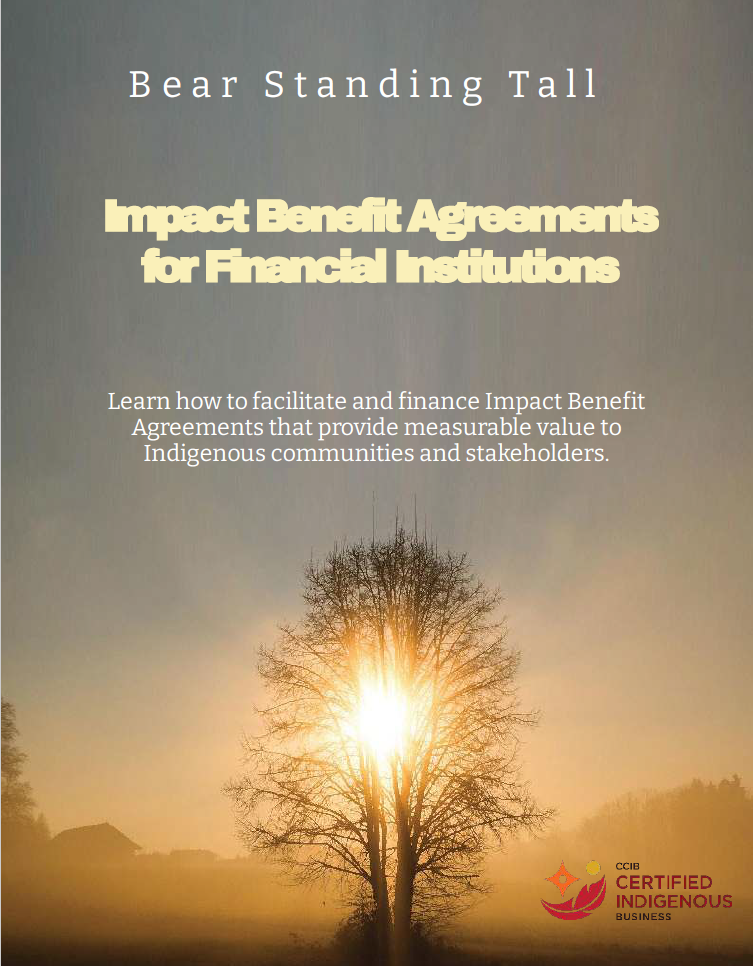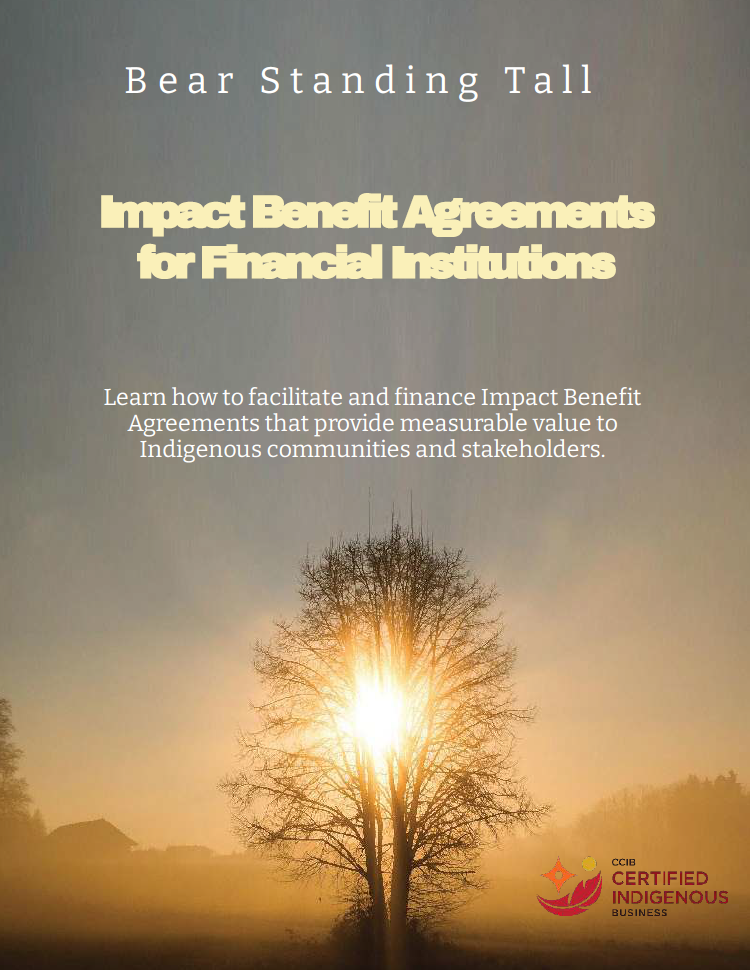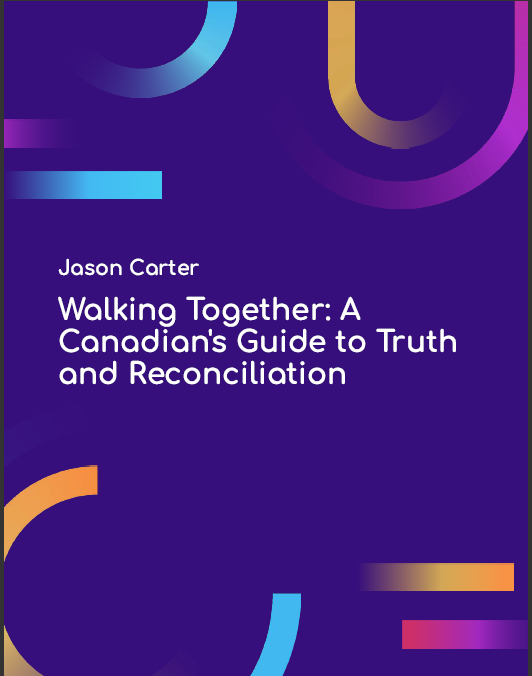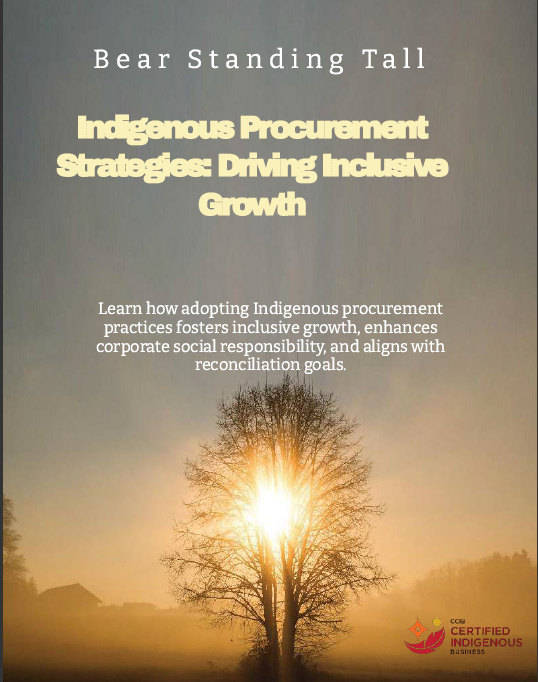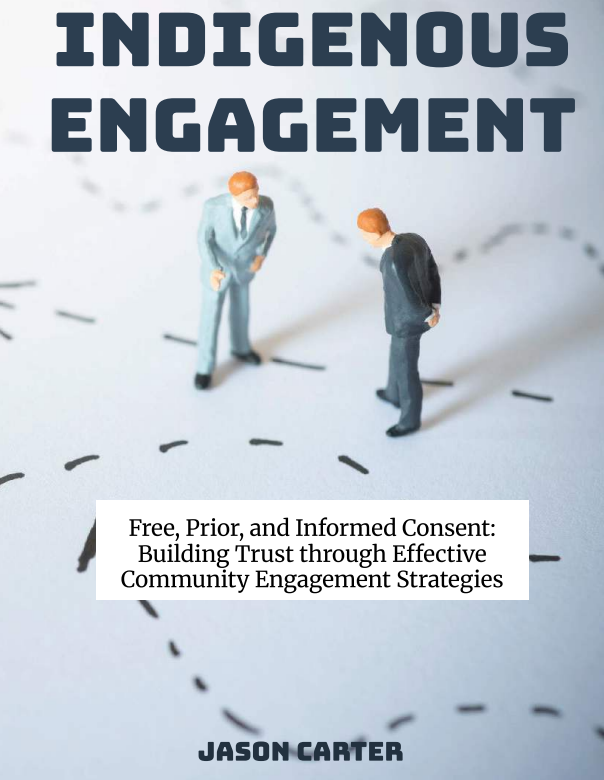
Free, Prior, and Informed Consent: Building Trust through Effective Community Engagement Strategies
"Free, Prior, and Informed Consent: Building Trust through Effective Community Engagement Strategies" by Jason Carter explores the critical concept of Free, Prior, and Informed Consent (FPIC) in Canadian business and resource development contexts. The book emphasizes that understanding FPIC is crucial for fostering respectful and equitable relationships with Indigenous communities and ensuring compliance with legal frameworks.
Key themes include:
- Definition and Importance of FPIC: FPIC recognizes Indigenous peoples' rights to make decisions about their lands, resources, and cultural heritage, emphasizing consent before project initiation. It's vital for building trust and collaboration, leading to sustainable development outcomes and minimizing conflicts.
- Legal Frameworks and Duty to Consult: The Canadian legal landscape for FPIC is evolving, influenced by domestic policies and international standards, underscoring the necessity for companies to adhere to FPIC principles to avoid legal challenges and project delays. The Duty to Consult is a critical obligation for governments and businesses when engaging with Indigenous communities, creating a framework where FPIC is an essential requirement for resource development projects.
- Environmental Impact Assessments (EIAs): EIAs are integral to FPIC, providing a framework for evaluating potential project effects on the environment and Indigenous communities. Involving Indigenous communities early in project planning through EIAs offers valuable insights and enhances impact assessment accuracy.
- Community Engagement Strategies: Effective engagement requires transparency, inclusivity, respect for cultural heritage, collaboration, and ongoing communication. Tools like public forums, surveys, and leveraging technology can enhance participation.
- Challenges and Solutions: The book addresses common barriers to FPIC, particularly in urban areas, such as lack of awareness, complex urban environments, time constraints, and ambiguous legal frameworks. Strategies for overcoming these challenges include transparent communication, capacity building, understanding legal obligations, and incorporating cultural heritage preservation.
- Case Studies and Lessons Learned: Successful FPIC implementations highlight the importance of genuine relationships, transparency, integrating traditional knowledge, flexibility, and the crucial role of government support.
- International Standards: International frameworks like the United Nations Declaration on the Rights of Indigenous Peoples (UNDRIP) provide crucial guidelines for ethical operations and maintaining community trust.
The book serves as a roadmap for organizations to navigate Indigenous rights and land use with integrity and respect, promoting sustainable development and positive community relations

